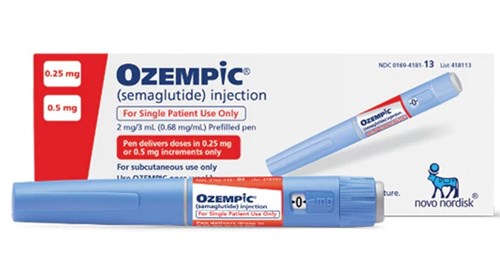
According to the World Health Organisation, worldwide obesity has nearly tripled since 1975. Globally there are more people who are overweight than underweight, and with obesity killing more than 2.8 million people each year1, it is often referred to as the silent epidemic.
The fundamental cause of obesity is an energy imbalance between calories consumed and calories expended – in short eating too much and moving too little!
Some of the causes for this globally include an increased intake of energy-dense foods that are high in fat and sugars (basically the processed foods we eat) and a decrease in physical activity due to the increasingly sedentary nature of many forms of work, changing modes of transportation, and increasing urbanisation – all of which result in us doing less physical activity.
There are numerous health consequences linked to obesity, including diabetes, heart attacks, strokes, osteoarthritis and in some cases cancer. These health problems lead to an increasing strain on our already full-to-capacity and underfunded healthcare systems. As investors in our strategies will know, one of our main investment themes is ageing demographics and increasing healthcare needs.
Opting for healthier foods and regular physical activity is the most accessible way to reduce the obesity factor. That said, research has suggested that some people do have some genetic predisposition to obesity, although this largely depends on their family history and ethnicity, and whilst the steps mentioned above can help reduce the chances of being overweight or obese it is not always so straightforward.
So, you can imagine the reaction when Novo Nordisk released a drug called Ozempic, targeted at diabetes sufferers, and Wegovy, which is an obesity treatment. Both of these drugs have the potential to help tackle this silent epidemic.
Ozempic was initially approved by the US Food and Drug Administration in December 2017 and was released in early 2018 and since then the drug has reached “blockbuster” status (although this may have something to do with the fact the drug has become a get-thin-quick therapy for the rich and famous).

When you look at the results, the drug is a real game changer in this healthcare problem. Shareholders in Novo Nordisk have been rewarded as the stock has rallied over 100% in GBP terms over the last two years2. In fact, on 8th August 2023 the stock rallied 15% on the day2, as the Danish drugmaker said its weight-loss drug reduced the risk of cardiovascular events for overweight or obese adults.
Trials had shown that patients who received Wegovy were 20% less likely to experience a major cardiovascular event, like a heart attack or stroke, than those who received a placebo
We have exposure to Novo Nordisk in our global equity funds (via Fundsmith and Guardcap) and the company has been held for many years by both fund managers, as they recognise the worldwide problem of obesity and diabetes, and Novo is the market leader in the space.
We met the managers of both funds in the first half of this year, and, as the main drivers of performance for the funds in 2022, we asked them about Novo Nordisk. Both managers have a substantial allocation to the Danish company and have not really trimmed the allocation due to two key reasons:
- The addressable market has increased, not just for diabetes but also being overweight; and
- The drug is so important, as obesity is the doorway to all other health issues and if you can reduce this, the outcome for people and hospitals is only positive.
However, one does need to consider all sides of the argument, and there was the shared sentiment that non-obese people using it as a ‘quick fix’ does raise ethical concerns.
There is also the issue with supply – there is currently a major shortage of the drug, however, the company is currently bringing more online in terms of capacity to address this.
In my opinion, drugs such as Ozempic and Wegovy are just two examples of how scientific developments are helping provide solutions to worldwide challenges and this really highlights the benefits of global thematic investing – specifically healthcare in this case.
Sources:

